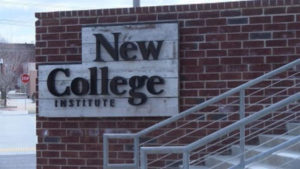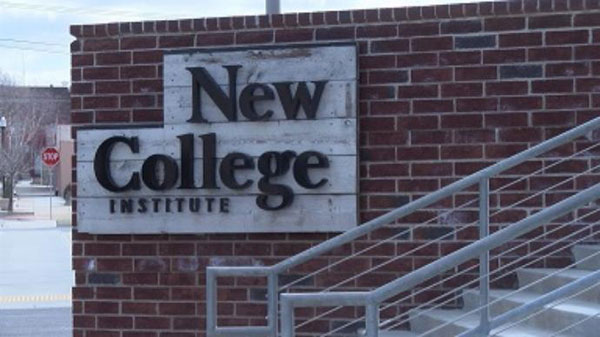May 29, 2015; Daily Yonder
If you have been around as long as the senior leadership of Nonprofit Quarterly, you know you are going to witness the passing of nonprofit leaders and activists whose absence will leave a void. You may not feel it now or tomorrow or next week, but when a particular issue comes up, you’ll look to your email address book or your telephone Rolodex and realize that they aren’t there to call.
Sandy Rosenblith passed away last week at the age of 70. She might have been among the first staff of the Local Initiative Support Corporation and best known for helping setting up LISC’s program in the Miami-Dade area of Florida and her work in other LISC program areas. But for many, Sandy was widely known and valued for having started Rural LISC, which is celebrating its 20th anniversary this year. It was a big thing to take LISC, known for its work with urban community development corporations, and find ways of adapting the CDC model to rural communities. In the Daily Yonder’s description of Sandy, the words used were “passionate, effective, and dogged.”
The Yonder’s interviewees also noted how frequently Sandy generated ideas for them to pursue, including content for the Yonder itself. She did it for us at NPQ, too, in her own way. Years back, when this author, a former LISC VP himself, had left to join the National Committee for Responsive Philanthropy, Sandy called to request that NCRP do a review of foundation support—or the lack of it—for rural America. That request turned into Beyond City Limits: The Philanthropic Needs of Rural America, which later at NPQ led to any number of updates and perspectives on rural philanthropy. Only a short time ago, Sandy organized a panel on rural philanthropy at the annual conference of the Housing Assistance Council, talking this author to participate (no one really ever said no to her), and then following up with a joint phone call with the editor of the Yonder to discuss what the Yonder and NPQ should consider publishing as a series of articles on the topic. Sandy’s tireless advocacy for rural America will be missed; her passing is a palpable loss.
Sign up for our free newsletters
Subscribe to NPQ's newsletters to have our top stories delivered directly to your inbox.
By signing up, you agree to our privacy policy and terms of use, and to receive messages from NPQ and our partners.
Only a few days before Sandy’s passing, Elise Hoben passed away at the age of 62. Elise was also a LISC staff member—coincidentally, the director of Rural LISC after Sandy left the position. But to some of us, Elise had another identity before joining Rural LISC. She was the LISC program director in Kalamazoo, Michigan, where she developed housing and community development initiatives for this mid-sized Michigan community that demonstrated to many in the community development world that CDCs weren’t simply big city phenomena but had a vital role to play in addressing challenges in cities, in rural areas, and in mid-sized cities.
The passing of Michael Stone was announced last week, though he died in March in a drowning accident at the age of 72. For many of us in the community development world, Stone, a professor of community planning at UMass-Boston, was a completely original thinker on what constituted affordable housing. His 1993 book, Shelter Poverty: New Ideas on Housing Affordability, challenged the notion that affordability was simply a predetermined percentage of family income. He argued for a sliding scale of how much a family ought to devote to housing costs, with those families with more family members and less resources paying less and those smaller households with more resources paying proportionately more. He not only radically challenged concepts of housing affordability, declaring one-third of this nation shelter-poor, but he actively promoted social ownership of housing. In the affordable housing world, his voice was clear, powerful, and influential.
With the passing of Rosenblith, Hoben, and Stone, there’s a gap in the world of nonprofit housing and community development that will take a long time to be filled.—Rick Cohen













